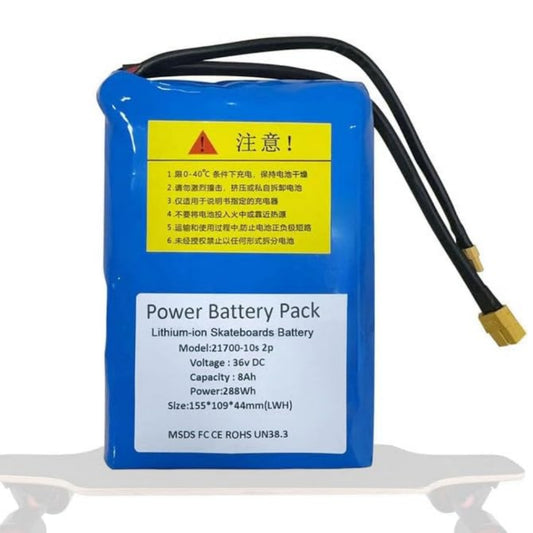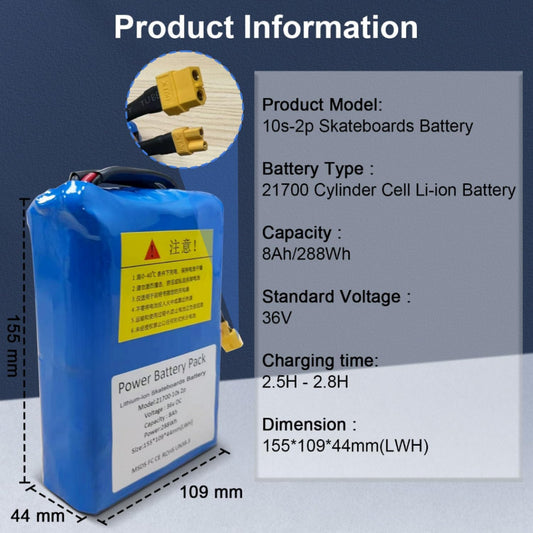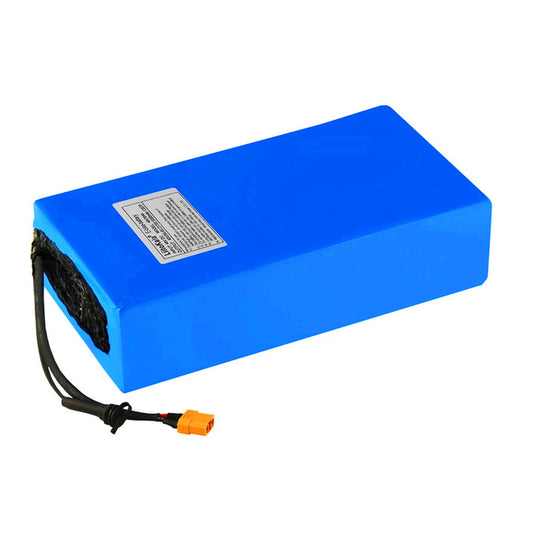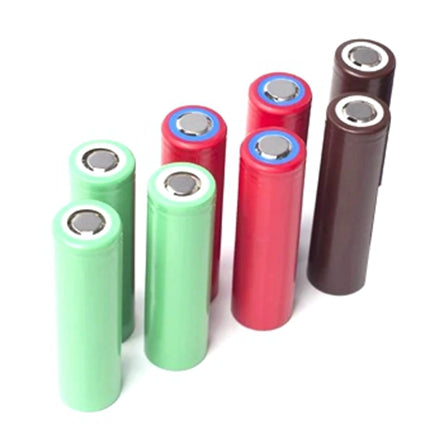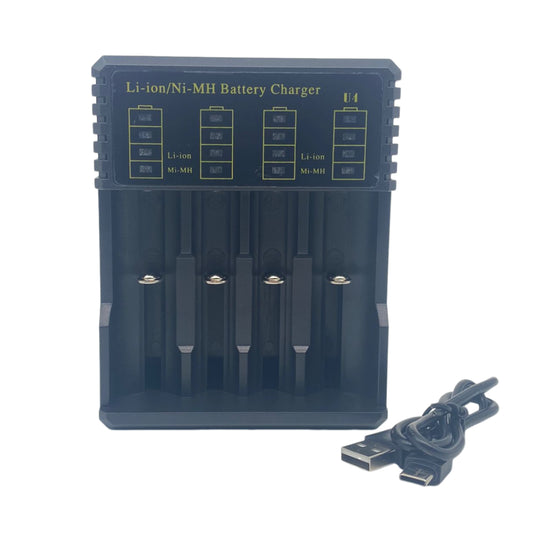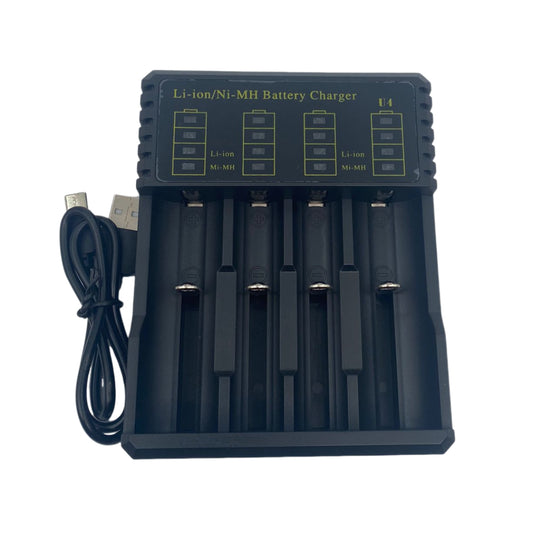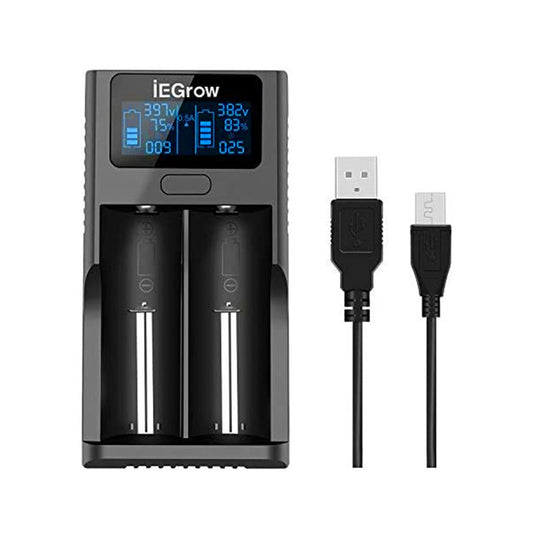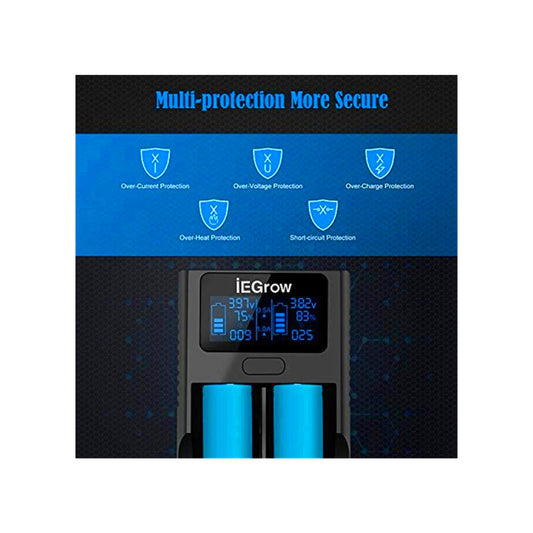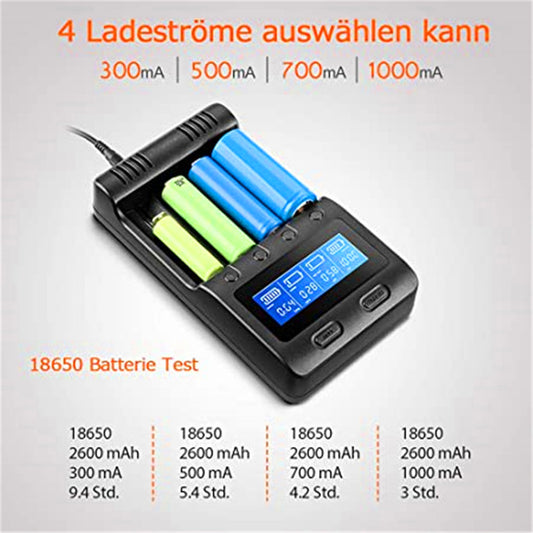Lithium batteries power everything from smartphones to solar systems, thanks to their high energy density and reliability. With several types available, each offers unique advantages suited to different applications, whether you’re powering a device, a vehicle, or an entire energy system. In this guide, we’ll explore the six main types of lithium batteries, covering their pros, cons, and ideal uses to help you make an informed choice.
What Are Lithium Batteries?
Lithium batteries are a type of rechargeable battery that uses lithium ions to store and release energy. Known for their high energy density, they pack more power into smaller sizes compared to traditional batteries. Lithium batteries are efficient, have a long lifespan, and can handle repeated charge cycles without significant capacity loss.
Common Uses for Lithium Batteries
You’ll find lithium batteries in smartphones, laptops, electric vehicles, and solar power systems. Their high energy density, long life, and lightweight design make them ideal for portable electronics, transportation, and renewable energy storage.
The 6 Main Types of Lithium Batteries
Each type of lithium battery is designed with specific features to suit particular applications. Here’s a quick look at the six main types:
Lithium Iron Phosphate (LiFePO4) – This type is known for excellent safety and stability, with a lower risk of overheating. It’s often used in solar energy systems and backup power due to its long cycle life.
Lithium Cobalt Oxide (LCO) – With a high energy density, LCO batteries are compact and lightweight, making them ideal for smartphones, laptops, and other personal electronics, such as a 3.7v lithium ion battery pack found in compact devices.
Lithium Manganese Oxide (LMO) – Lightweight and highly stable, LMO batteries are commonly found in power tools, medical equipment, and some electric vehicles, valued for their safety and rapid discharge capability.
Lithium Nickel Manganese Cobalt Oxide (NMC) – These batteries offer a balance of power, safety, and lifespan, making them a popular choice for electric vehicles and e-bikes, often used in a 36v lithium battery for ebike systems to ensure consistent power.
Lithium Nickel Cobalt Aluminum Oxide (NCA) – NCA batteries deliver a high capacity and long life, often used in electric cars and industrial equipment due to their energy efficiency.
Lithium Titanate (LTO) – With fast charging capabilities and a long cycle life, LTO batteries are suitable for EVs and large-scale energy storage, especially where durability is key.
Lithium Batteries vs. Regular Batteries: Key Differences
1. Energy Density and Weight
Lithium batteries store more energy in a smaller, lighter package, perfect for mobile devices and electric vehicles. Lead-acid and alkaline batteries are bulkier and heavier, limiting their practicality for portable applications.
2. Lifespan and Charge Cycles
Lithium batteries last longer, handling hundreds to thousands of cycles with minimal capacity loss. Regular batteries like lead-acid degrade faster and require more frequent replacements.
3. Recharge Speed
Lithium batteries recharge faster—often within a few hours—while lead-acid batteries may take up to 8 hours, making lithium ideal for minimizing downtime.
4. Cost and Maintenance
Lithium batteries have a higher upfront cost but save on maintenance and replacements. Lead-acid batteries need regular maintenance, while alkaline batteries require frequent disposal.
5. Environmental Impact
Lithium batteries are more recyclable and environmentally friendly, whereas lead-acid batteries contain toxic materials needing special disposal. Alkaline batteries contribute to landfill waste as they’re not rechargeable.
6. Power Output and Performance
Lithium batteries deliver steady power output even at low charge, ensuring consistent performance. Traditional batteries, like lead-acid and alkaline, lose power output as they discharge.
Lithium vs. Alkaline Batteries: Which is Better?
1. Energy Density
Lithium batteries have a higher energy density, delivering more power in a smaller size, ideal for high-drain devices like cameras and medical equipment. Alkaline batteries have lower energy density, best suited for low-drain items like remote controls and flashlights.
2. Rechargeability
Lithium batteries are rechargeable, which saves money and reduces waste over time. Alkaline batteries are generally single-use, so they need replacing frequently, leading to more waste.
3. Shelf Life
Alkaline batteries hold a charge well when stored and can last for several years on the shelf. Lithium batteries have a shorter shelf life but retain their charge better during active use.
4. Temperature Performance
Lithium batteries perform better in extreme temperatures, handling both hot and cold conditions without significant performance loss. Alkaline batteries, however, struggle in extreme temperatures, especially in the cold, which can drain their power faster.
5. Cost and Availability
Alkaline batteries are cheaper and widely available, making them a convenient choice for everyday, low-power needs. Lithium batteries are pricier but offer superior performance and longevity, making them a worthwhile investment for high-demand devices.
Conclusion
Lithium batteries stand out for their power, rechargeability, and durability across diverse applications. If you’re looking for high-quality options to power e-bikes, e-scooters, flashlights, e-cigarettes, and more,explore the range of lithium batteries for sale at BatteryInt for the perfect lithium battery to meet your needs.
FAQ
What Temperature is Bad for Lithium Batteries?
Lithium batteries perform best within a temperature range of 20°C to 25°C (68°F to 77°F). Exposure to temperatures above 60°C (140°F) can lead to overheating, reducing battery capacity and lifespan. Freezing temperatures below 0°C (32°F) can also impact performance, causing a slower charge rate and reduced efficiency.
Why is Lithium Used in Batteries?
Lithium is favored in batteries for its high energy density, which allows more power to be stored in a lightweight, compact form. Additionally, lithium-ion technology provides a longer lifespan and quicker recharge times compared to traditional batteries. These qualities make lithium batteries ideal for a range of applications—from small devices like smartphones to larger systems like electric vehicles and renewable energy storage.
Can Lithium Batteries Be Recharged?
Yes, lithium batteries are designed for rechargeability and can endure hundreds to thousands of charge cycles with minimal capacity loss. This durability makes them an efficient and cost-effective choice for devices that require regular charging, such as laptops, power tools, and electric bikes. Proper care, like avoiding overcharging and extreme temperatures, helps maximize their lifespan.
Read More:
Lithium vs Alkaline Batteries: What’s Right for You?
NiMH vs Lithium-Ion Batteries: Comprehensive Comparison and Guide


